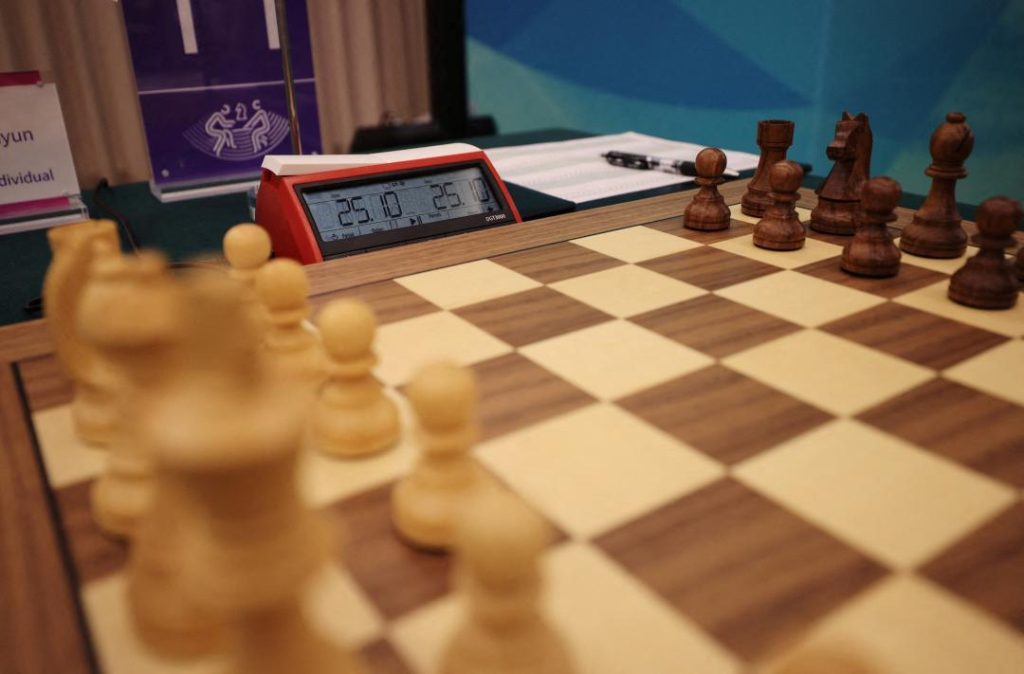
OpenAI o3 Defeats Grok 4 in Chess, Carlsen Says ‘Grok Learnt Theory & Knows Nothing Else’
The AI Chess Exhibition Tournament 2025 has come to a close, and the results are in. OpenAI’s o3 has emerged victorious, defeating Elon Musk-owned xAI’s Grok 4 with a convincing 4-0 score. This feat is not only a testament to the capabilities of o3 but also a reflection of the limitations of Grok 4.
The tournament, which brought together some of the most advanced AI chess engines, has sparked a lot of interest in the world of chess and AI. And one of the most notable moments came when world number one chess player Magnus Carlsen reacted to a move made by Grok 4 during its match with o3.
According to reports, Carlsen was commentating on the match when he made the remark, “There’s always that one guy…who’s learnt theory and literally knows nothing else.” It’s clear that Carlsen was not impressed with Grok 4’s performance, and his comment has sparked a lot of debate in the chess community.
But what exactly does Carlsen mean by his comment? It’s possible that he’s suggesting that Grok 4 has been trained solely on chess theory and doesn’t possess the ability to think creatively or make unconventional moves. This would be a significant limitation for a chess engine, as chess is a game that requires a deep understanding of strategy and tactics.
Carlsen’s comment has also sparked a lot of speculation about the capabilities of o3. Is it possible that o3 has been able to overcome its limitations and become a truly exceptional chess engine? Or is it simply a matter of o3 being able to outmaneuver Grok 4 in a series of carefully calculated moves?
To answer these questions, it’s worth taking a closer look at the strengths and weaknesses of both o3 and Grok 4. o3, developed by OpenAI, is a highly advanced chess engine that has been trained on a massive dataset of chess games. It’s able to analyze games at a level that is unmatched by any human chess player, and it’s able to make moves that are often considered to be outside the realm of human understanding.
Grok 4, on the other hand, is developed by xAI, a company founded by Elon Musk. Grok 4 is also a highly advanced chess engine, but it’s not clear how it compares to o3 in terms of its capabilities. It’s possible that Grok 4 is more focused on theory and less on creative problem-solving, which may explain Carlsen’s comment.
The defeat of Grok 4 by o3 is not a surprise, given the capabilities of both engines. o3 has been consistently ranked as one of the top chess engines in the world, and it’s not clear how Grok 4 was able to hold its own against it for so long.
The implications of this defeat are significant, not just for the world of chess but also for the development of AI in general. As AI continues to advance, we can expect to see more and more applications of AI in fields such as medicine, finance, and education. But we also need to be aware of the limitations of AI and the potential risks that come with relying too heavily on machines.
In conclusion, the defeat of Grok 4 by o3 is a significant milestone in the world of AI chess, and it’s a testament to the capabilities of OpenAI’s o3. However, it’s also a reminder of the limitations of AI and the importance of human creativity and problem-solving. As we continue to develop and advance AI, we need to be aware of these limitations and work to create AI systems that are able to think creatively and make unconventional decisions.






